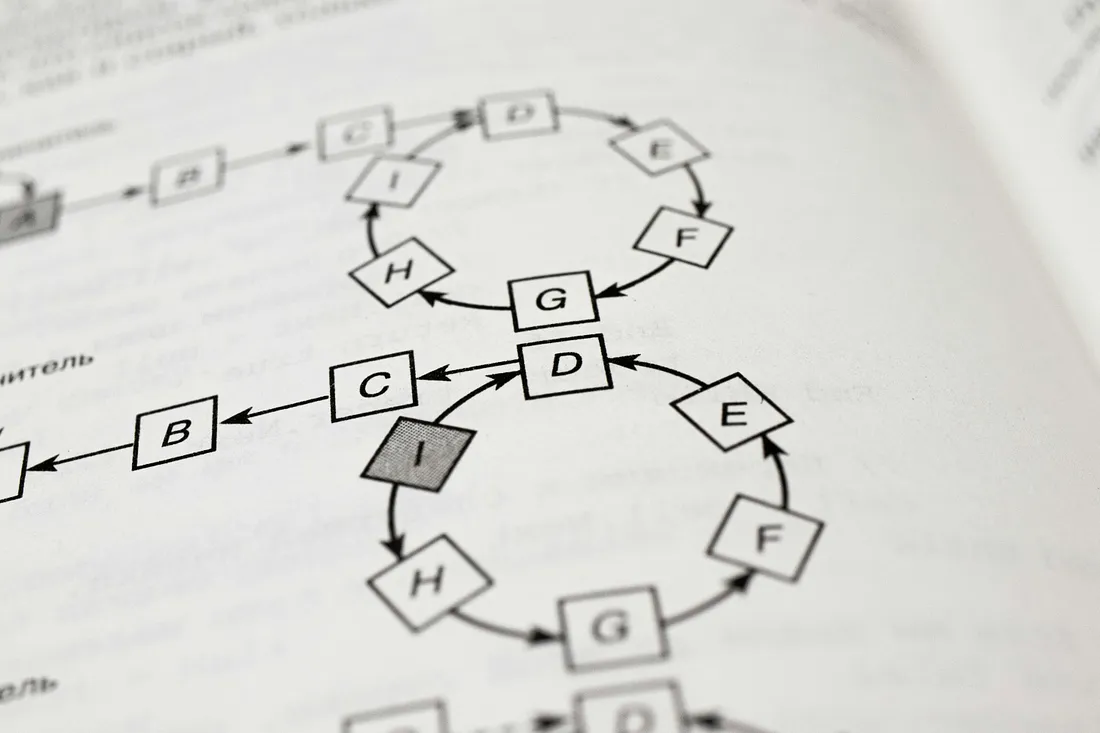Have you ever wondered how websites appear when you type a query into Google or any other search engine? It seems almost magical-but there’s a well-structured process behind it.
Understanding this process is crucial to optimize your site for SEO. Let’s break it down and see how search engines bring the internet to your fingertips.
#1. Crawling: The Exploration Phase
The first step in how search engines work is called crawling. Think of it as a digital spider, called a web crawler or bot that roams the internet, hopping from one webpage to another.
The crawler’s job is to discover new pages or updated content. Whether it’s a brand-new blog post, a product listing, or an updated homepage, the crawler seeks it out by following weblinks on the websites.
Why Crawling Matters: If your site, isn’t being crawled, search engines won’t even know it exists. This is why having a well-structured website with internal links and sitemaps is important, it guides the crawler through your content efficiently.
2. Indexing: The Library of the Web
Once a search engine crawler finds a webpage, the next step is indexing. Imagine the search engine as a vast digital library. Every page the crawler discovers is added to this library.
However, it’s not just about storing the pages. The search engine analyzes the content, identifying key elements such as:
How Indexing Works for You: If a page is indexed, now it’s eligible to show up in search results. But if it isn’t? Well, it’s like a book that’s sitting in a warehouse instead of on the library shelf-it’s there, but no one can find it.
3. Ranking: The Battle for Visibility
The final step is ranking. When you type a query into a search engine, it doesn’t just show you random pages. Instead, it uses complex algorithms to determine which pages are most relevant to your query and in what order they should appear.
Key Factors That Affect Ranking:
- Relevance: Does the content match the user’s query?
- Quality: Is the content valuable, well-written, and credible?
- User experience: Is the site easy to navigate? Does it load quickly?
- Backlinks: Do other websites link to this page, indicating trustworthiness?
The ultimate goal of the search engine is to deliver the most helpful and relevant results to the user as quickly as possible.
Why Understanding This Process Matters
If you want your website to rank higher, it’s essential to think about how search engines work. Ask yourself:
- Is my content easily crawlable?
- Have I optimized my pages for indexing?
- Am I working on improving my rank by creating high-quality, relevant content?
The better you align with these three steps, the more likely your site will be at the top of search results, bringing you valuable organic traffic.
Next
Now that you understand how search engines work, you’re ready to take the next step: learning about keyword research. In our next post, we’ll dive into how to find the right keywords to target and optimize your content effectively.
Stay tuned, and let’s continue the journey to mastering SEO!
This post is part of the Mastering the Search Game blog series, designed to guide beginners through the essentials of SEO and help you unlock the full potential of search engine optimization.
Photo by Андрей Сизов on Unsplash

0 Comments
Trackbacks/Pingbacks